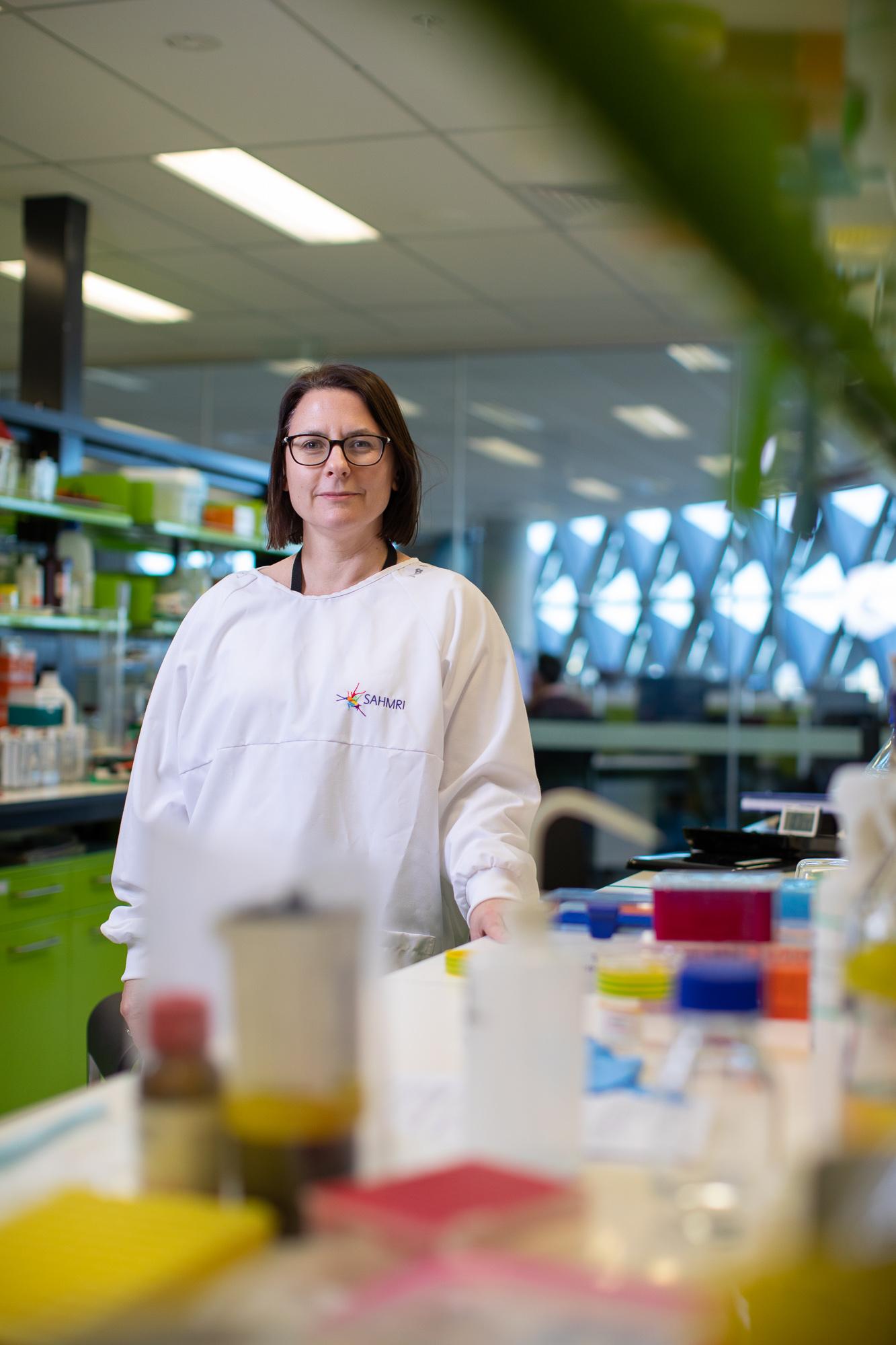Connected Conversations | Leonie Heilbronn
The COVID-19 pandemic threatened to throw a spanner into Associate Professor Leonie Heilbronn’s work, but 2021 presents new hope for her clinical trials investigating diet.

Please tell us a little bit about yourself.
My name is Associate Professor Leonie Heilbronn, and I obtained my PhD at the University of Adelaide. I did postdoctoral training in the USA, where I led two multi-centre studies examining the effects of caloric restriction on biomarkers of longevity and insulin resistance. I then moved to Sydney where I set up my own research group with NHMRC funding, examining contributing factors to the development of insulin resistance in humans. I was later recruited back to the University of Adelaide, where I established the Obesity and Metabolism Group, which now has two postdocs and six PhD students. Currently, we are working on translational and mechanistic studies of intermittent fasting and macronutrient timing to establish efficacy and modes of action in humans, including impacts on lipid metabolism, autophagy and circadian rhythms.
What was your first area of study and what drew you to this space?
My Honours degree and PhD were completed at the University of Adelaide, in conjunction with the CSIRO’s Human Nutrition Unit, where I ran my first clinical trial. During my Honours, I studied how varying the macronutrient content of weight loss diets impacted the health benefits in individuals with type 2 diabetes. That study was published in Diabetes Care, and I was also awarded the Ross Wishart Memorial Award, and sat next to Professor Peter Doherty at an ASMR dinner. This experience hooked me on a career in clinical research.
What are you working on now?
We recently kick-started three new trials. One study, funded by MRFF, is investigating whether time limiting food intake to a nine hour period per day is as effective as current practice guidelines in dietetics to improve glucose control. In another, we are testing the effects of a protein preload prior to the evening meal to improve 24h glycaemia. We are currently looking for volunteers. So, if you are interested in your health and are either overweight, or a female night shift worker, contact us! The email address is dietstudy@adelaide.edu.au.
What do you love most about working at the University of Adelaide?
I am based in the SAHMRI building, which is a really beautiful, light-filled space to work in–a boost for our circadian rhythms! Adelaide BioMed City is a really exciting space to be based at the moment, with a large number of researchers co-located. This has the potential to really facilitate collaborations between groups that might not normally work together.
Why would you encourage some to pursue a career in health?
A career in medical research is tough but rewarding. There is hard work and experiments that don’t work, a lot of writing, and then dealing with rejections and the criticism others have of your work. Not to mention the uncertainty in long-term employment. But there is also the excitement of discovery, accolades, publications, travelling and the potential impact your work will have on people’s lives. These all make this career worthwhile.
What do you do in your spare time?
Wrangling three children mostly these days! But I also enjoy hiking, cooking and spending time with my family and friends.
What are your hopes for 2021?
We will be super busy with three new clinical trials kicking off. And I am really hoping we will be able to continue to travel freely in Australia and hopefully New Zealand.
Name three things you won’t forget about the past year…
MRFF funding for a multi-site study on time restricted eating, my PhD student winning an award at the Australia New Zealand Obesity Society and the Florey Conference, and COVID-19 threatening to stop our 18-month clinical study that started in 2018, with over 200 people enrolled. Thank goodness I live in Adelaide!
